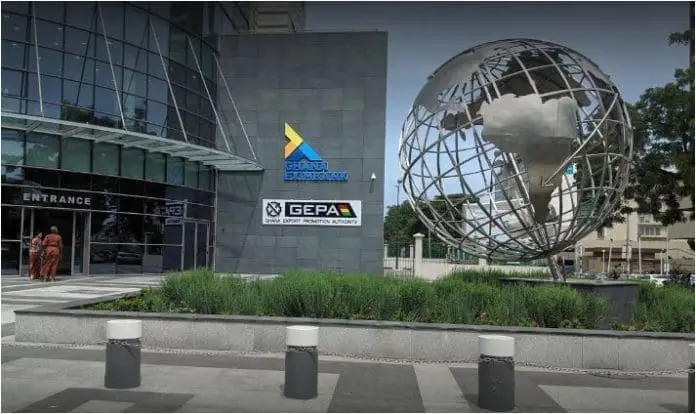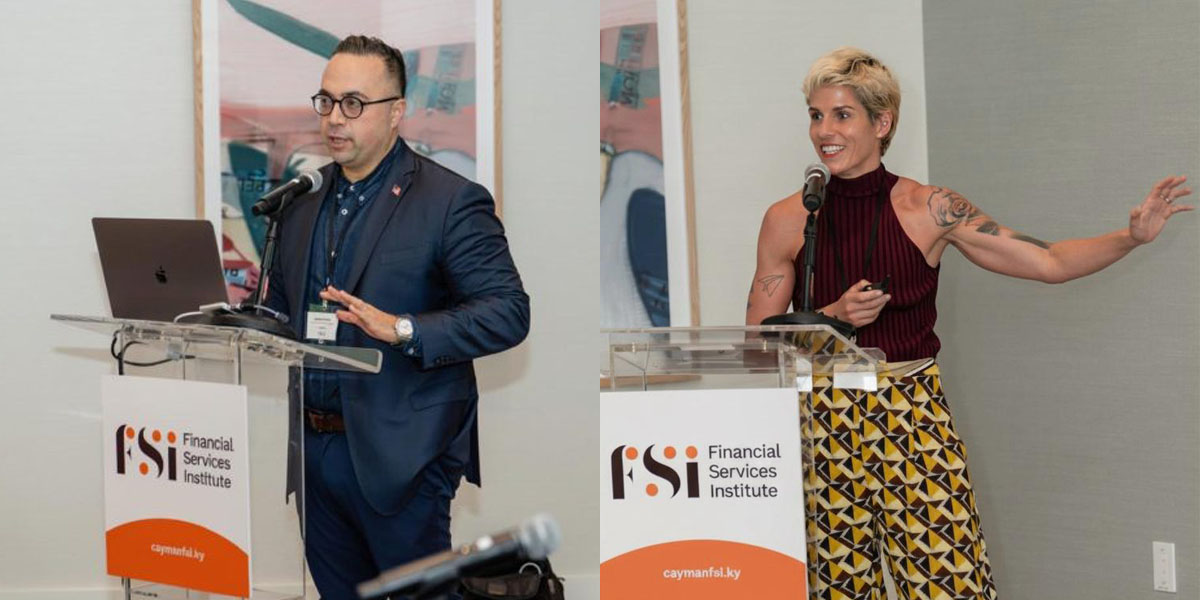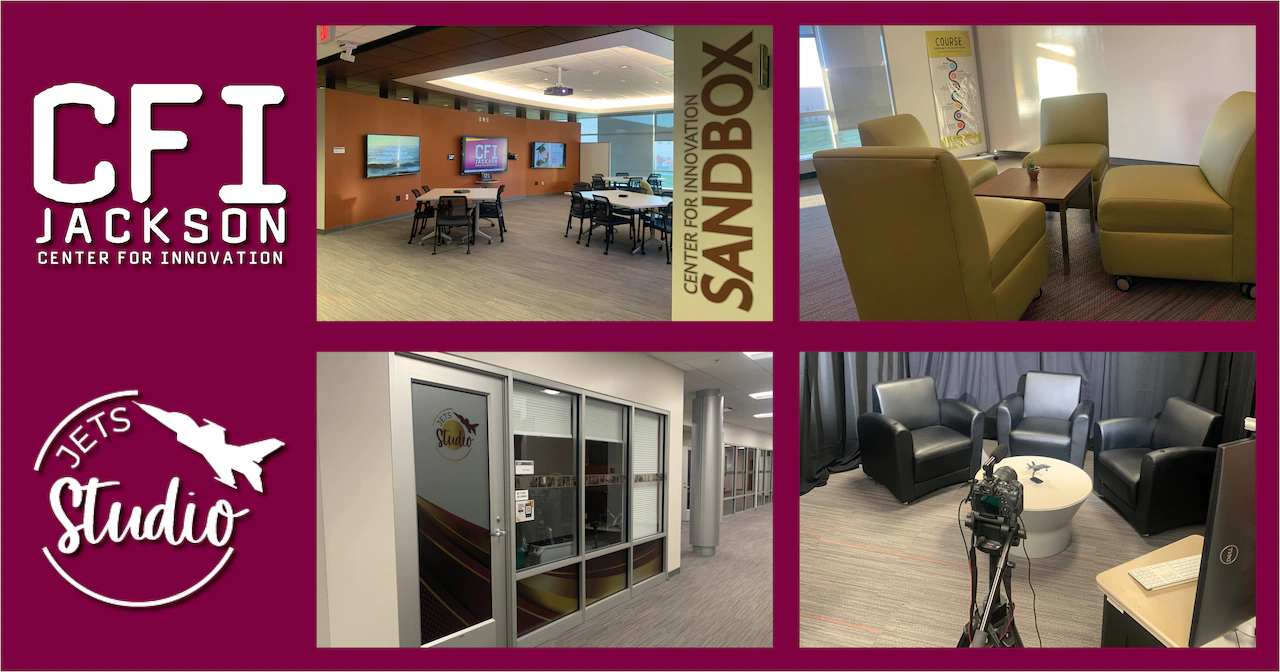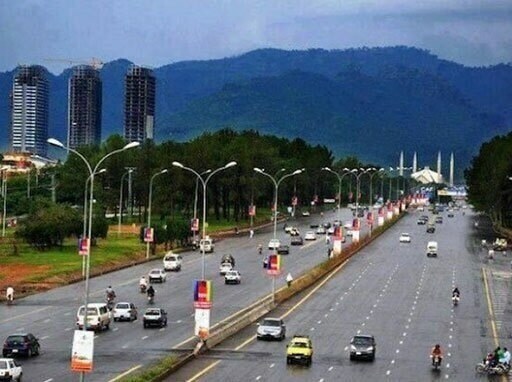Copyright ghanamma

The Chief Executive Officer (CEO) of the Ghana Export-Import Bank (GEXIM), Mr Sylvester Adinam Mensah, has reaffirmed the bank’s commitment to supporting value added enterprises and export oriented industries in the Volta Region to unlock economic potential and drive Ghana’s 24 hour economy initiative. Speaking at the Volta Economic Forum held on October 31, 2025, at Reddington Beach Resort in Keta under the theme Harnessing the Volta Corridor Economic Potential for the 24 Hour Economy Take Off, Mensah said the Volta Region’s transformation requires vision, coordination and capital. He added that GEXIM stands ready to provide financial and technical support to help realize that goal. Mensah noted the Volta Region’s fertile lands, abundant water bodies, renewable energy resources and strategic location within the Economic Community of West African States (ECOWAS) Corridor make it well positioned for agro industrial growth, logistics development and cross border trade. With focused investment in agriculture, renewable energy, tourism and logistics supported by all present including Exim Bank, the region can evolve into a dynamic growth pool for the national economy, he stated. The GEXIM CEO highlighted that the Ghana Exim Bank, established in 2016, was created to support the government of Ghana to build a resilient and export led economy. He explained that the bank’s mandate to accelerate value addition, promote export competitiveness and strengthen local manufacturing is directly aligned with Volta’s needs. He said the bank is uniquely positioned to provide patient capital, support feasibility and technical studies, facilitate public private partnerships, and finance enterprises in key sectors such as agriculture, tourism, hospitality and digitalization. Patient capital refers to long term investment willing to wait extended periods for returns while supporting sustainable business development. Mensah described the Volta Region as a naturally diverse economy with strong potential in commercial farming, aquaculture and agri processing. However, he emphasized that transformation depends on targeted investments and removal of structural bottlenecks including inadequate irrigation and storage facilities. He called for deliberate collaboration between public and private actors to ensure inclusive development. A deliberate partnership driven approach will not only unlock local prosperity but also contribute meaningfully to Ghana’s broader goal of achieving inclusive export led industrialization, he said at the maiden Volta Economic Forum. The GEXIM chief urged policymakers, investors and development institutions to align efforts in building human capital, modern infrastructure and a resilient industrial base in the region. The Volta Region’s economic potential is vast but it takes the political will and our individual wills to make it happen. The time is now, he concluded. Mensah emphasized that GEXIM would finance agro based industries, support an apparel industrial park in the region and invest in trade enabling infrastructure like warehouses and cold storage facilities. The Volta Economic Corridor should not remain an abstract concept, he stated. It must translate into rice mills in Hohoe and Afife, cassava processing plants in Adaklu, logistics hubs in Aflao, beach resorts in Tegbi and renewable energy farms across the region. The forum was designed as a strategic investment platform to attract both local and international investors across key growth sectors. Deputy Chief of Staff Nana Oye Bampoe Addo, speaking on behalf of Chief of Staff Julius Debrah, described the Volta Economic Corridor as a land of natural wealth and power that occupies a central part of President John Dramani Mahama’s economic reset agenda. The government has positioned the Volta Region as an anchor for its 24 Hour Economy policy. The corridor, spanning more than two million hectares, is expected to serve as a logistics and production backbone to accelerate north south integration and establish Ghana as a regional trade hub. Business magnate Dr Daniel McKorley urged stakeholders to move beyond rhetoric and take decisive action to unlock the region’s wealth. He emphasized that the Volta Region can generate up to nine billion dollars in annual economic value through deliberate private sector investment. Volta Regional Minister James Gunu described the forum as a turning point for resetting Ghana’s economy through local development and job creation. Districts have already profiled over 50 investment ready projects across agro business, aquaculture, Information and Communications Technology (ICT), eco tourism, logistics and renewable energy, supported by the 24 Hour Economy Secretariat and Ghana Investment Promotion Centre (GIPC). The African Development Bank signed a landmark Letter of Intent with Ghana in July 2025 to support development of the Volta Economic Corridor. The agreement, signed in partnership with the 24H Plus Secretariat and the Ghana Infrastructure Investment Fund, sets the stage for repositioning Lake Volta as a multimodal transport spine for agricultural and industrial expansion. Prior to the main forum, a preparatory retreat for Metropolitan, Municipal and District Chief Executives (MMDCEs) was held on October 2, 2025, at Tegbi in the Anloga District. The retreat aimed to build capacity of local leaders in attracting investors and unlocking economic opportunities for accelerated development. At the October retreat, Mensah challenged the chief executives to take advantage of the policy and position their districts to tap into its benefits. The task now is to position our Metropolitan, Municipal and District Assemblies to be relevant to this policy. If we find relevance in the policy, our people will find prosperity in the region, he said. He clarified that the 24 Hour Economy is not simply about working longer hours but about creating an enabling environment where industries, logistics and services operate seamlessly across time zones to make Ghana globally competitive. This requires local government commitment to provide land, planning and regulatory facilitation, he stated.



